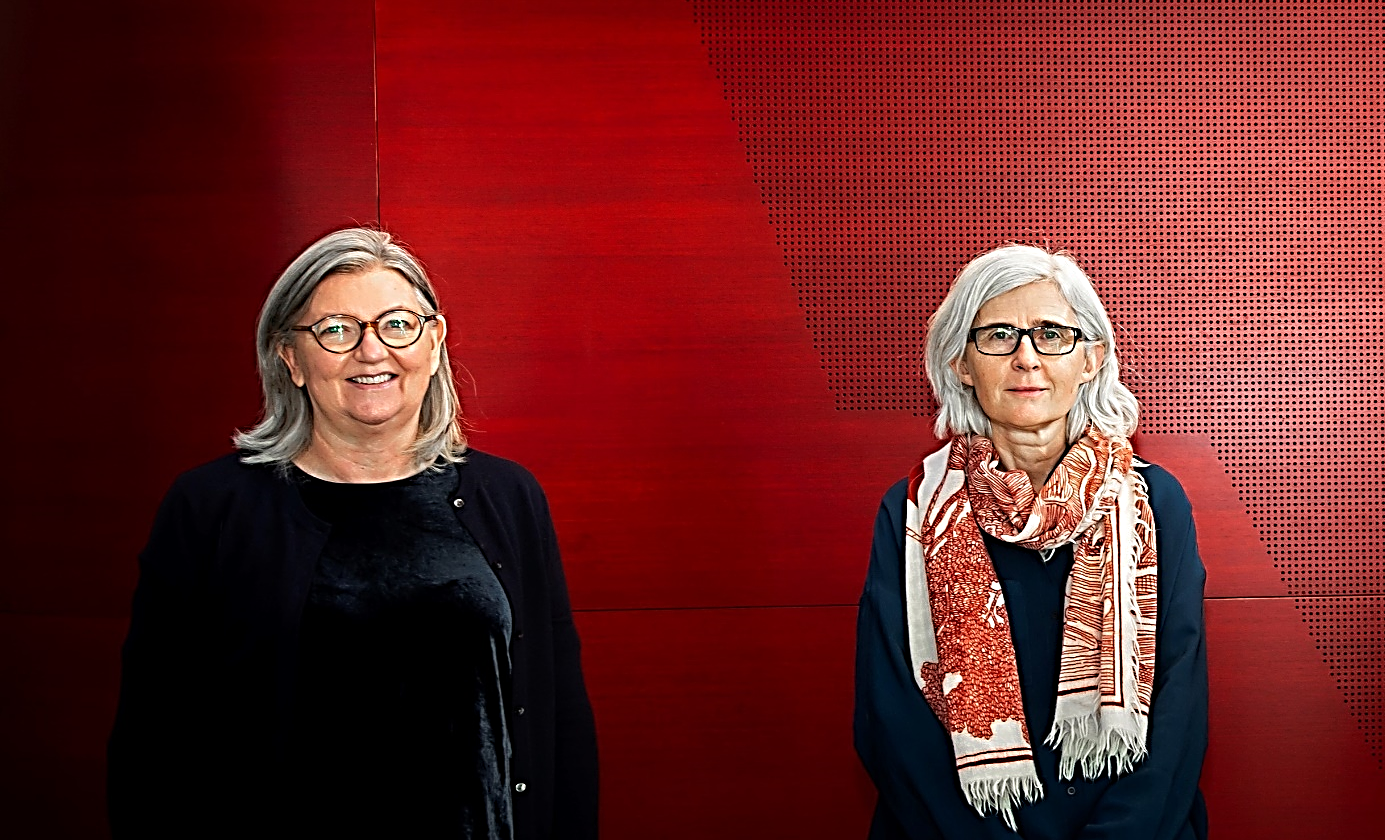Birna Arnbjörsdóttir, director of the Vigdís Finnbogadóttir Institute of Foreign Languages and head of faculty of the University of Iceland's Faculty of Languages and Cultures, has joined the steering and organisation committee for UNESCO's decade of indigenous languages, as Iceland's representative. Iceland and Noway were chosen to be on the committee for Europe.
The United Nations General Assembly proclaimed the period 2022-2032 as the International Decade of the Indigenous Languages (IDIL2022-2032). The main focus of IDIL 2022-2032 is to raise attention at international, regional and national levels, and resources will be mobilized for the preservation, revitalization and promotion of indigenous languages. The decade is a direct continuation of the successful Year of Indigenous Languages in 2019 by UNESCO.
Most languages in the world are used by few speakers and many of them are categorised as endangered languages. Some are official languages, others are minority languages or indigenous. Increased co-existence of languages means that - minority and indigenous languages are marginalized within nation-states, which can end in extinction.
Preparations for the international implementation strategy for IDIL 2022-2032 are under way, listing strategic planning, defining the main plan for actions and guidelines for the UN member states. Birna Arnbjörnsdóttir has worked with the steering committee since the end of 2020 as the Vigdís International Centre's representative.
Vigdís International Centre operated under the auspices of UNESCO, has declared their intent to support the decade with projects concerning minority languages, thus building on long research experience in the field. A group has been set up within the Vigdís International Centre to prepare the International decade of indigenous languages; preparing the projects the centre will execute in its honour. Ásdís Rósa Magnúsdóttir, chair of the centre's board of directors heads the work.




